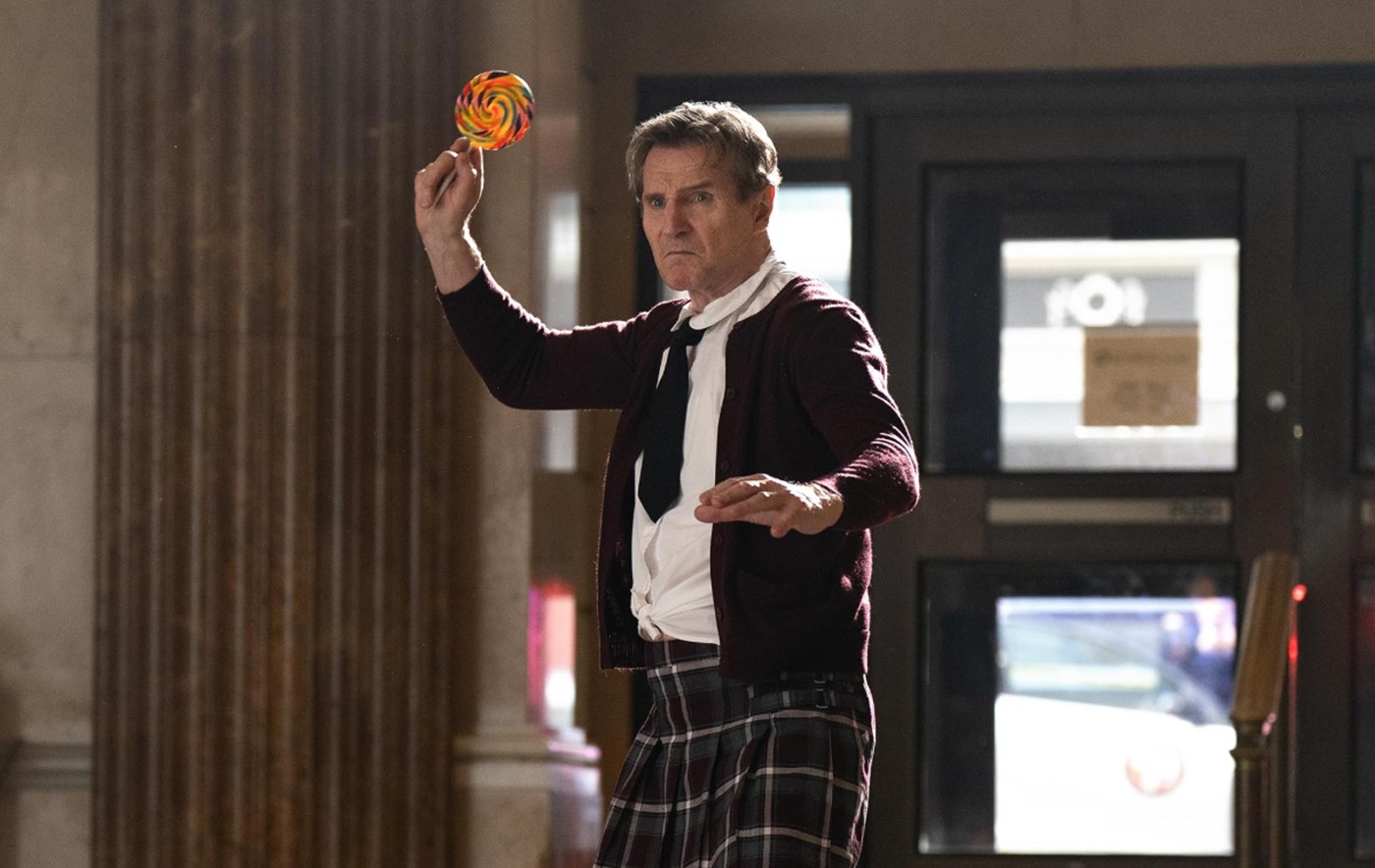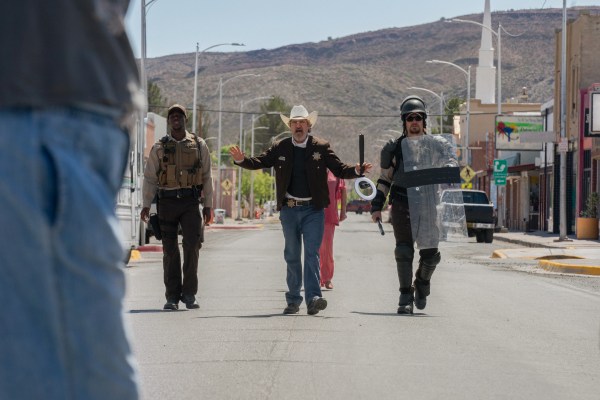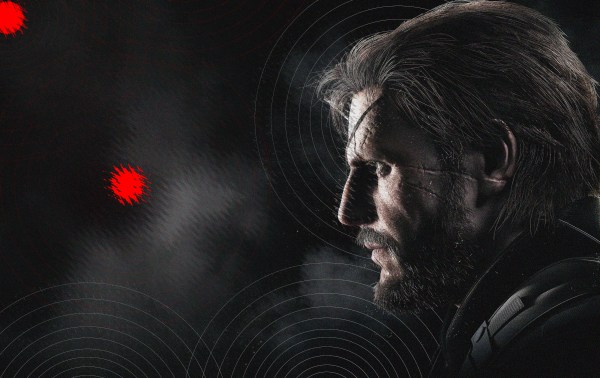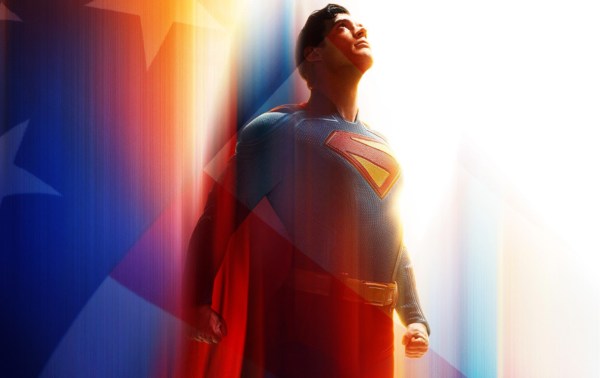Comedy sequels are a tricky business. (Airplane II, anyone?) The audience expects the same laughs and gags featured in the original, but the next installment usually doesn’t land, and you’re better off rewatching the first movie.
Why is this? People don’t tend to watch comedies for character development—they want to laugh. Inspector Clouseau, of the Pink Panther series, does not grow as a character throughout the series. By the fourth installment, Peter Sellers’ iconic character is still driving his car into fountains, falling down the stairs, and otherwise wreaking havoc … just as he did in the first movie. Apparently, he never learned to watch where he was going. But audiences still learned to keep coming.
Non-comedic sequels succeed when they afford beloved characters the opportunity to change and mature. Even Arnold Schwarzenegger's T-800 changes between The Terminator (1984) and its 1991 sequel: In the first movie, the Terminator is a cold-blooded killer, but by the second movie, he has grown a conscience and intentionally avoids civilian casualties. Comedy sequels, by contrast, preclude this kind of character arc. Comedic protagonists cannot outgrow their buffoonery—if they did, they’d no longer be funny. If Clouseau started deftly avoiding falling out of windows in the sequels, what else would there be for him to do? This drawback to the genre makes sequels challenging: The creators are forced to rehash the same material, producing increasingly cartoonish scenarios—and that’s a slippery slope to cheap caricature.
But sometimes a comedy franchise reboot works. Producer Seth MacFarlane and director Akiva Schaffer have created a masterpiece in The Naked Gun (playing everywhere), a film devoid of thematic overtones, without complex characters, bereft of serious narrative structure—and full of many laugh-out-loud moments.
The original trilogy, starting with The Naked Gun: From the Files of Police Squad! (1988) and starring Leslie Nielsen as the bumbling Lt. Frank Drebin Sr., lampoons classic cop dramas. Nielsen’s Drebin, one of the most incompetent characters ever to grace the big screen, finds himself with the world’s fate resting squarely on his shoulders three times, and hilarity ensues as Lt. Drebin attempts to save Queen Elizabeth’s life, prevent a multinational oil corporation from taking over the world, and stop a crazed terrorist before he blows up the Oscars.
The original Naked Gun movies—the brainchildren of Airplane! writer and director David Zucker—are three long jokes. None of them bother with much of a plot beyond a generic premise, preferring to rely on Nielsen’s deadpan delivery and some jokes so moronic that you laugh at yourself for finding them funny. They are brilliant in their simplicity.
In this summer’s reboot, Liam Neeson steps into Leslie Nielsen’s rather large shoes as Lt. Frank Drebin Jr., a man perennially in the shadow of his deceased father. Like his old man, Drebin is a member of the LAPD’s elite Police Squad and often takes it upon himself to discipline Los Angeles’ criminal population whether or not his commanding officer, Chief Davis (CCH Pounder), orders him to do so.
It should go without saying that Drebin has little use for his bodycam. At one point, genuinely befuddled, he asks, “How can a cop break the law?” In Drebin’s worldview, cops are always the good guys and criminals get what they deserve—full stop.
Neeson is perfect in the role, maintaining a level of mock seriousness that rivals Nielsen’s. In recent years, Neeson has headlined far too many forgettable action flicks, like Cold Pursuit (2019), Honest Thief (2020), Memory (2022), and Retribution (2023). In The Naked Gun, Neeson finds a better place for his tough-guy, action hero persona: He is spoofing himself and his own intensity, while satirizing modern action movies and their laconic, stone-faced stars.
The Naked Gun also pokes fun at Hollywood writ large, resembling a John Wick parody and nodding to Hollywood’s increasing dependence on gratuitous violence and slick visuals. There are the usual staples of modern action movies—car chases, a fight in a fountain, and some kind of UFC exhibition—exaggerated for comedic effect. Drebin, with his 20th century sensibilities, struggles to adapt—much to our amusement.
Drebin and his trusty sidekick, Capt. Ed Hocken Jr. (Paul Walter Hauser), are clearly supposed to be throwbacks to a different time, when police officers could do as they pleased (at least in the movies). Drebin and Hocken consume comical quantities of coffee, flout the rules with impunity, and complain about the dearth of “guys like us” in the department. They mean, of course, guys who have no problem discharging their firearms at the slightest inconvenience, and who are always looking for a good scrap.
The movie’s crook is Richard Cane (Danny Huston), a tech billionaire plotting to use a newfangled gadget (it is, no joke, labeled “P.L.O.T. Device” in the film) to somehow revert them to their supposed—and Hobbesian—“natural state” of absolute mayhem. Cane and his buddies plan to hide in a bunker and wait out the predicted bloodbath, emerging after everyone else is dead and then turning the Earth into their own private paradise.
The writers (Dan Gregor, Doug Mand, and Schaffer) seemingly pulled from our contemporary buffet of billionaires and tech bros to create their antagonist. Cane is an amalgamation of Elon Musk, Jeff Bezos, Joe Rogan, and Andrew Tate: He makes electric cars, builds rockets, wants to bring back mano-a-mano combat between alpha males, smokes cigars, and has no truck with cancel culture.
Drebin uncovers Cane’s scheme by tying together two seemingly independent crimes: a bank robbery and a murder. Along the way, he falls in love with Beth Davenport (Pamela Anderson), a woman seeking to avenge her brother. Naturally, their truncated romance takes a back seat to the joke parade. The movie drags only when it goes for heartwarming instead of amusing.
The Wall Street Journal recently asked if The Naked Gun can help bring back the blockbuster comedy: a movie designed only to make audiences laugh. It’s a tall order—but it’s encouraging that Paramount Pictures signed off on a movie like this in 2025. Hopefully, there’s more where it came from.






Please note that we at The Dispatch hold ourselves, our work, and our commenters to a higher standard than other places on the internet. We welcome comments that foster genuine debate or discussion—including comments critical of us or our work—but responses that include ad hominem attacks on fellow Dispatch members or are intended to stoke fear and anger may be moderated.
With your membership, you only have the ability to comment on The Morning Dispatch articles. Consider upgrading to join the conversation everywhere.